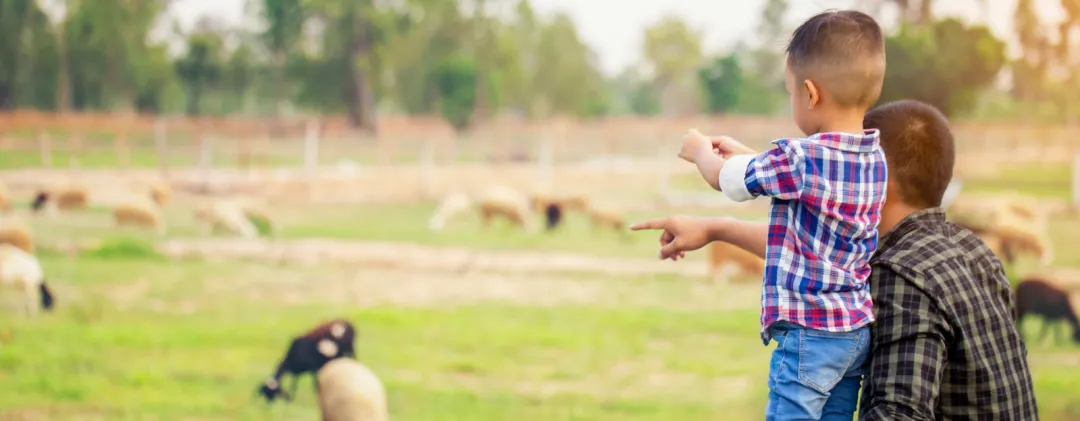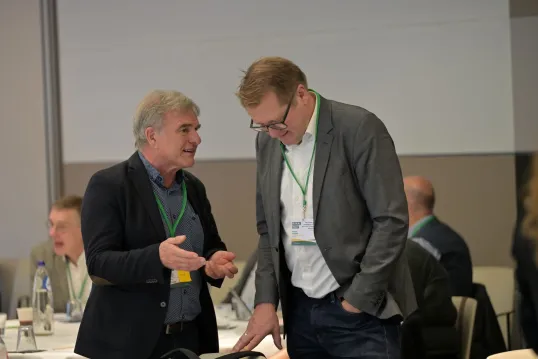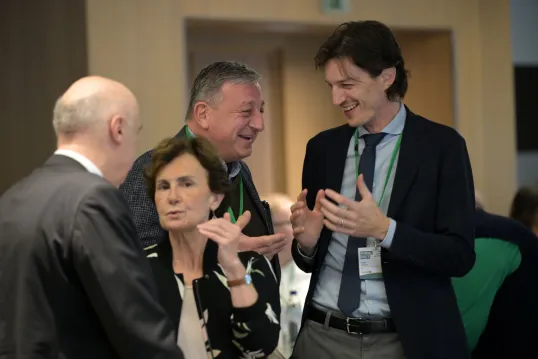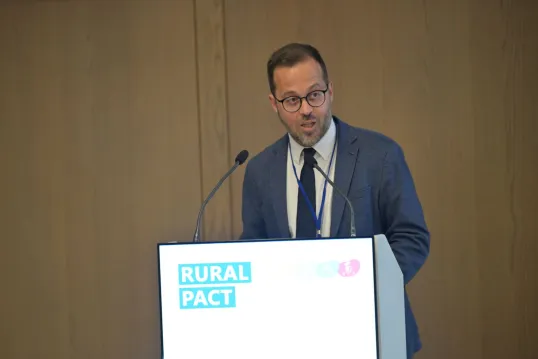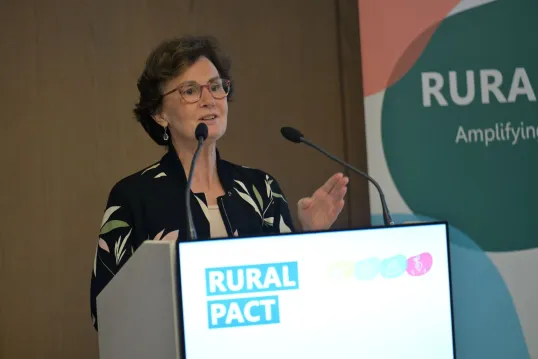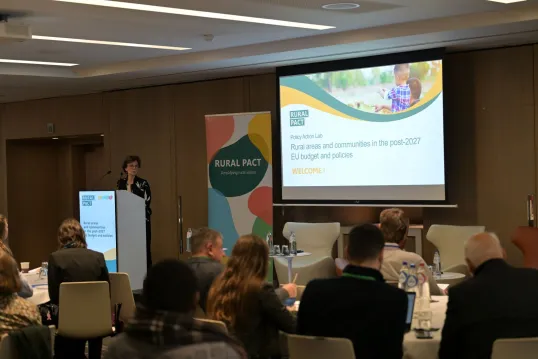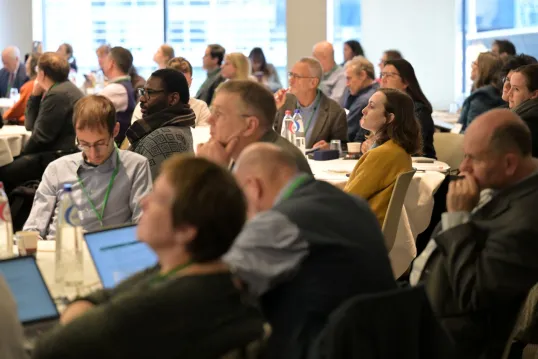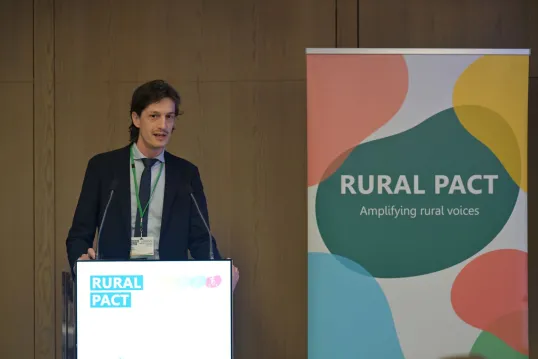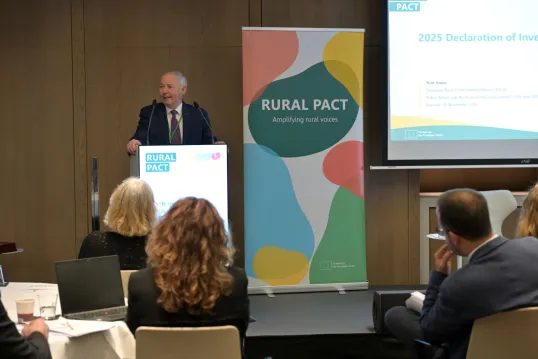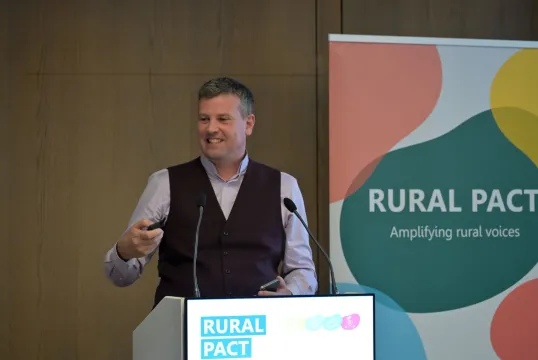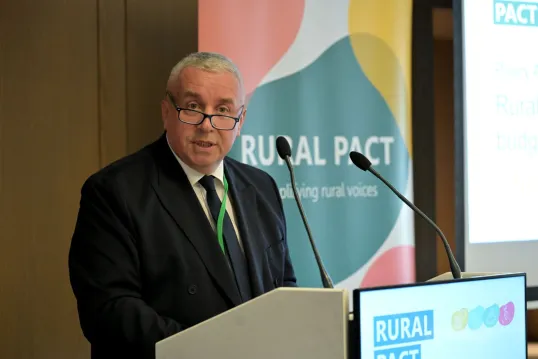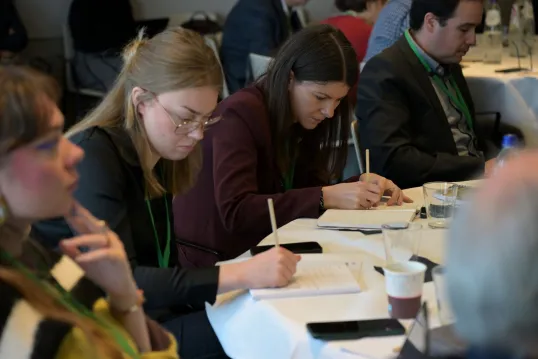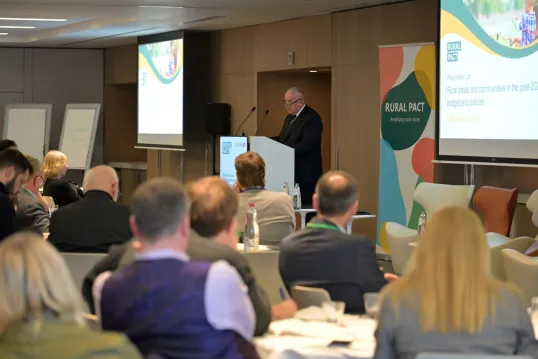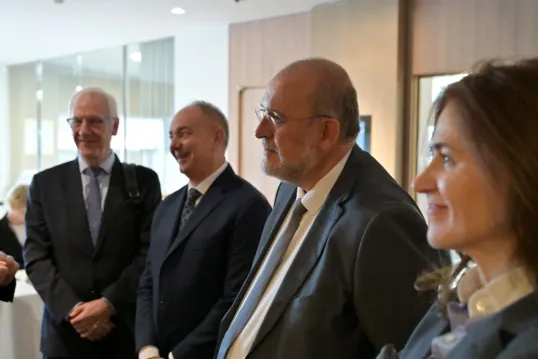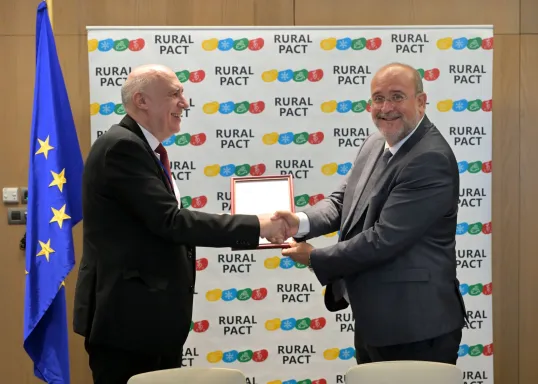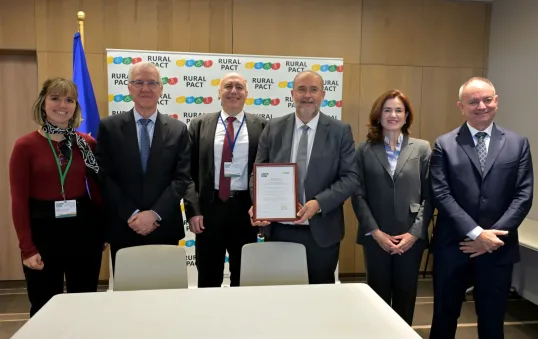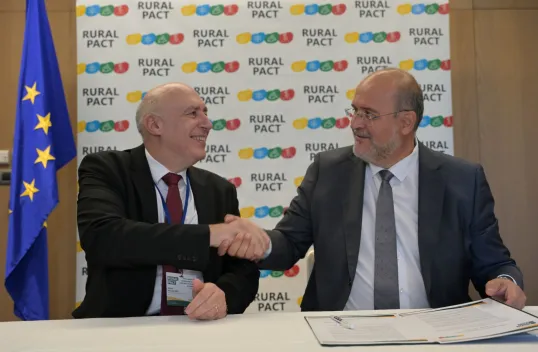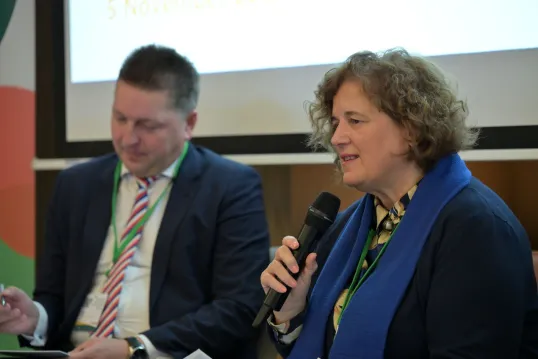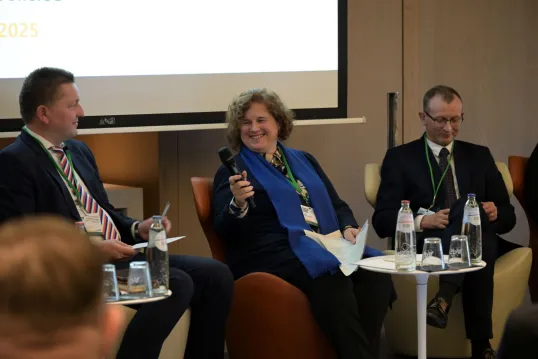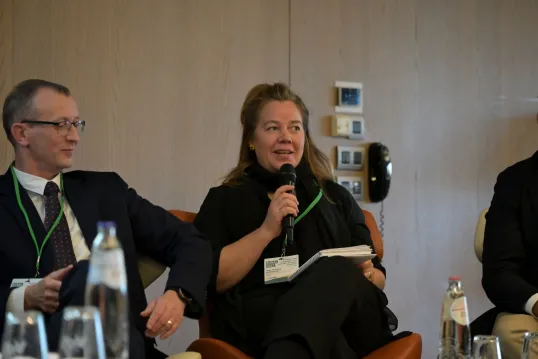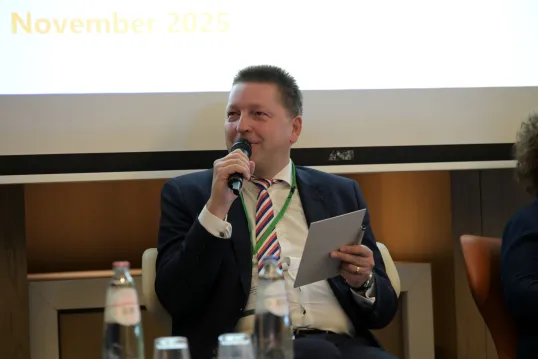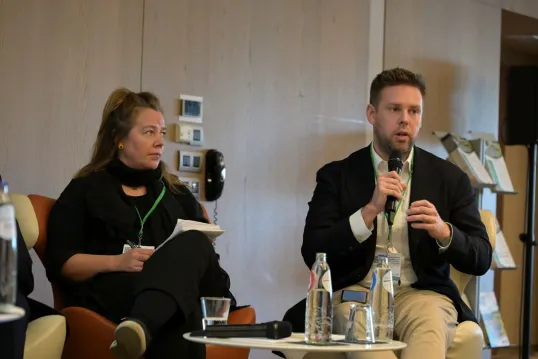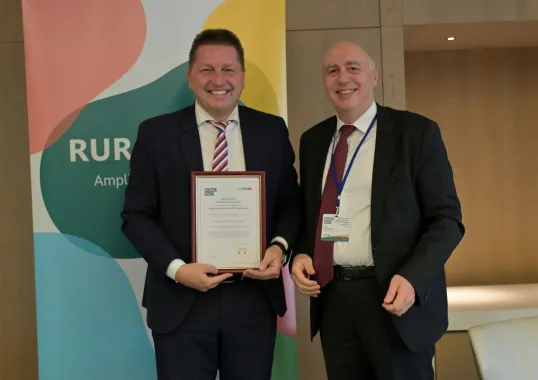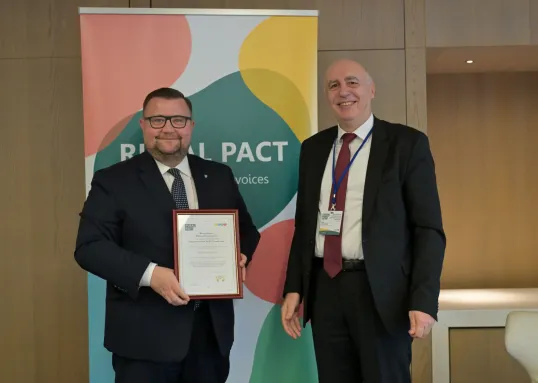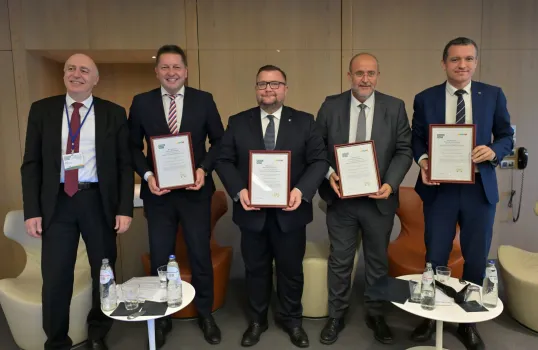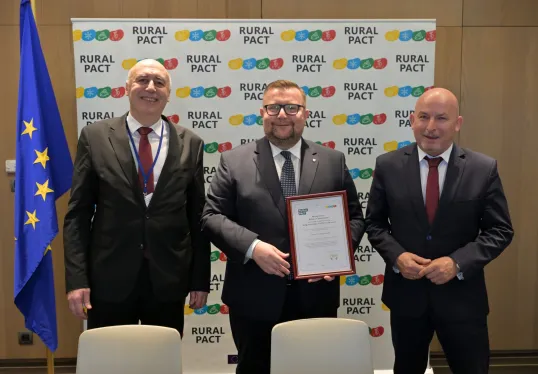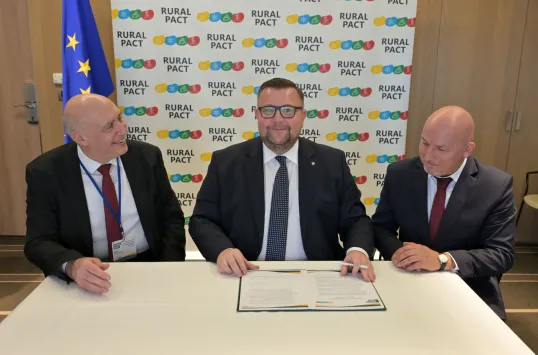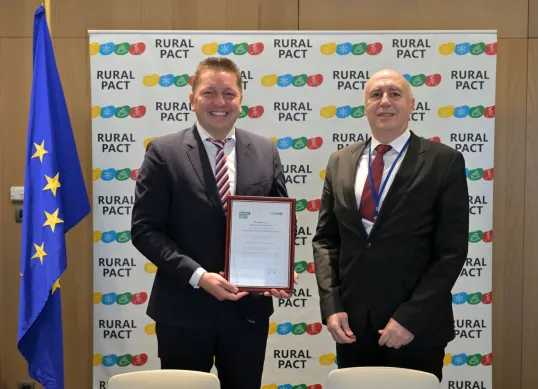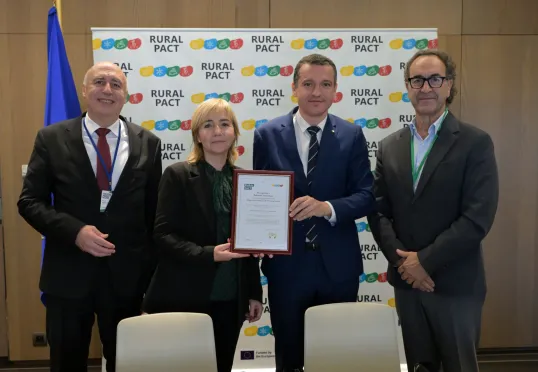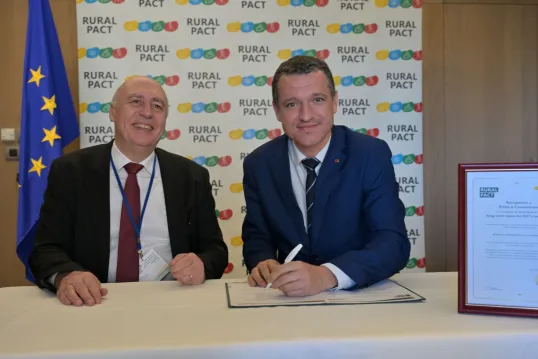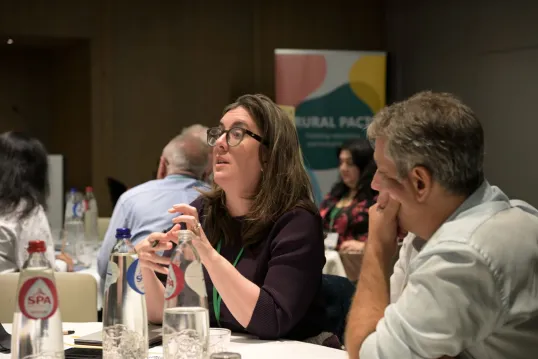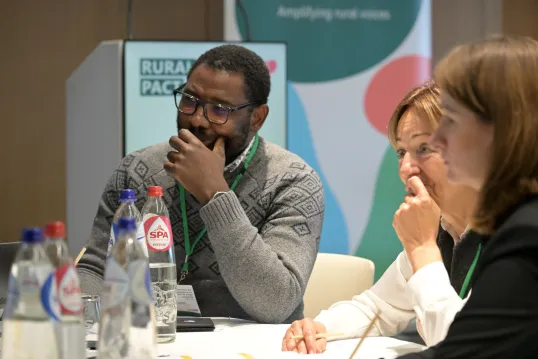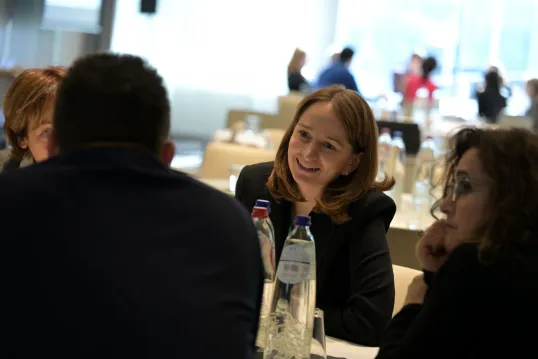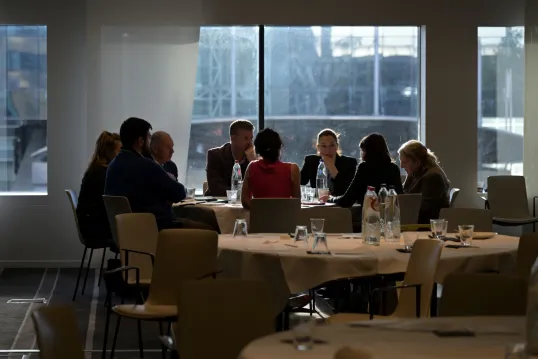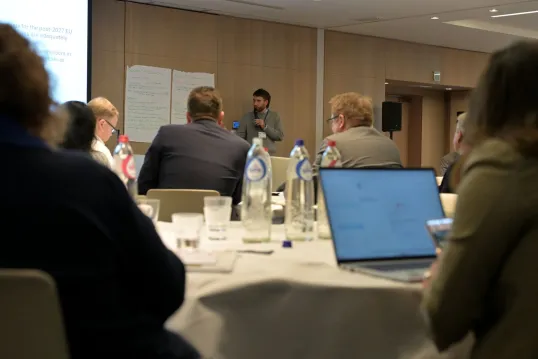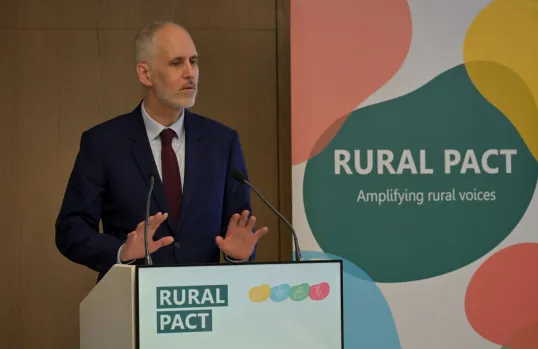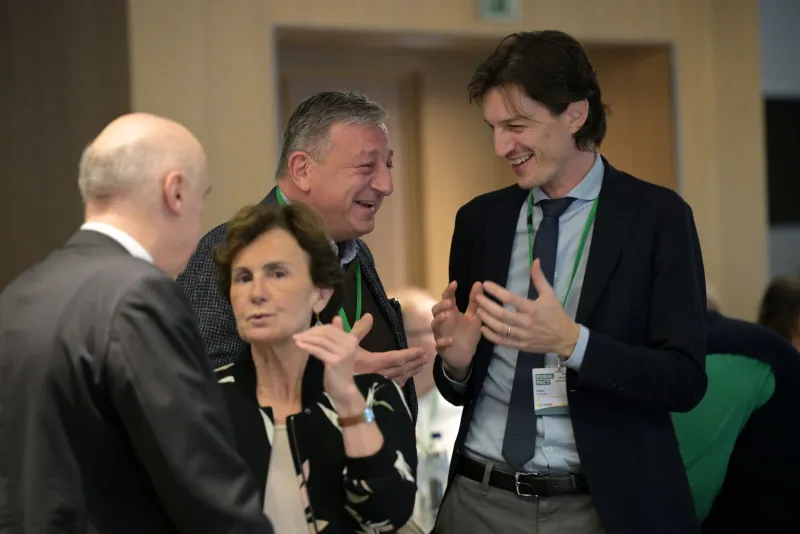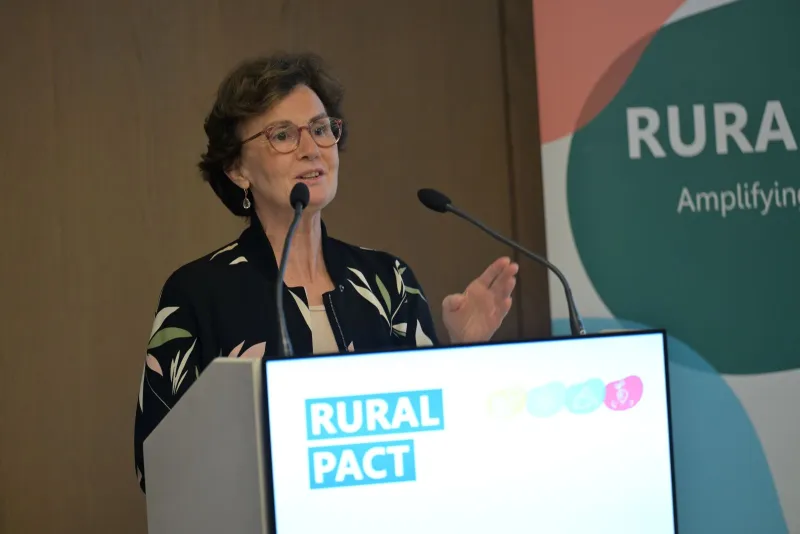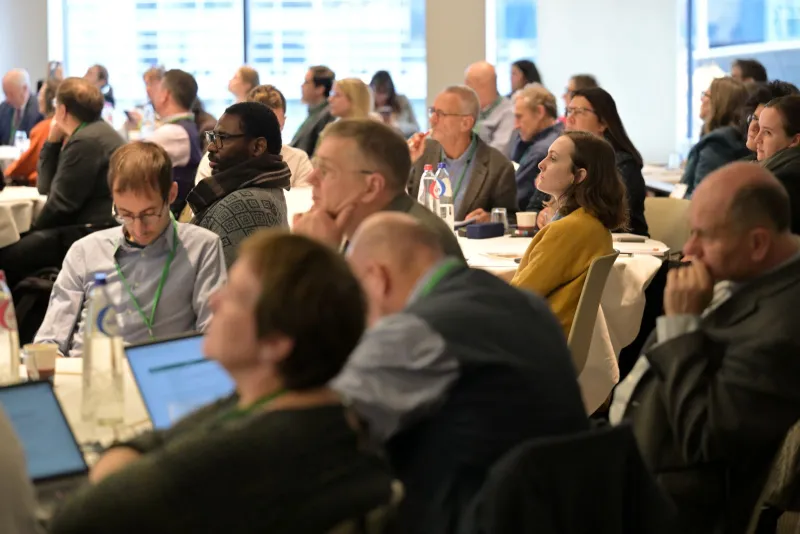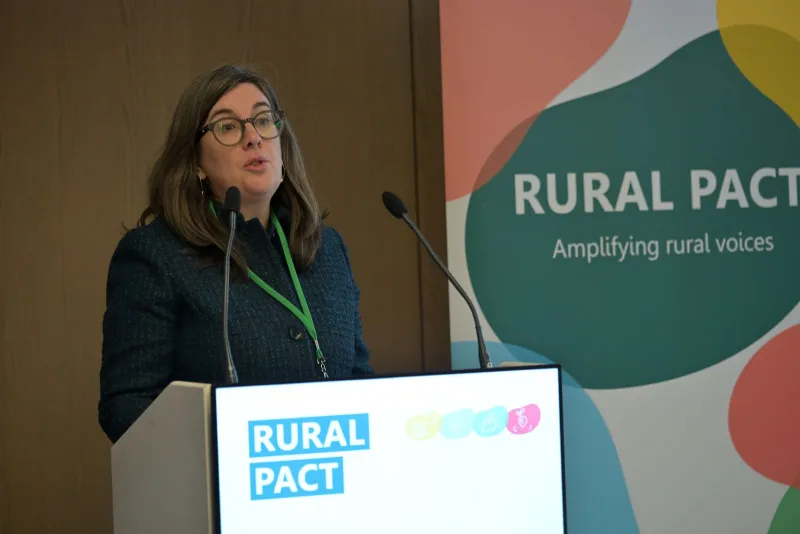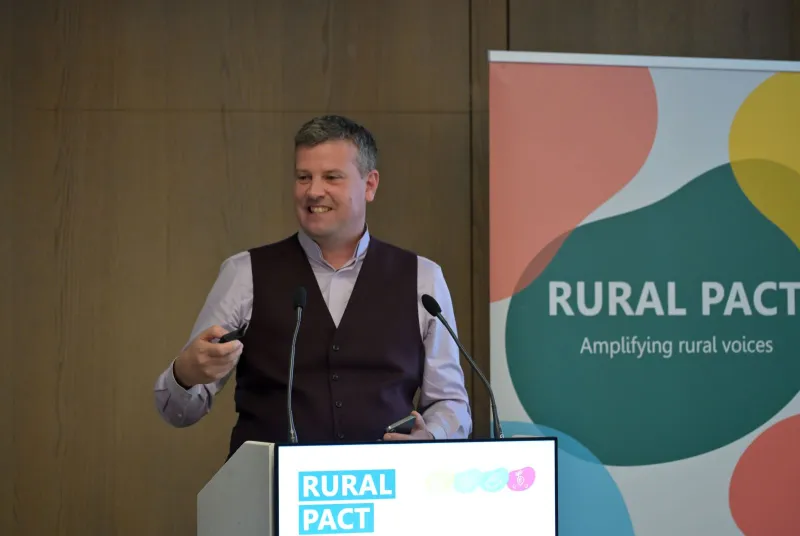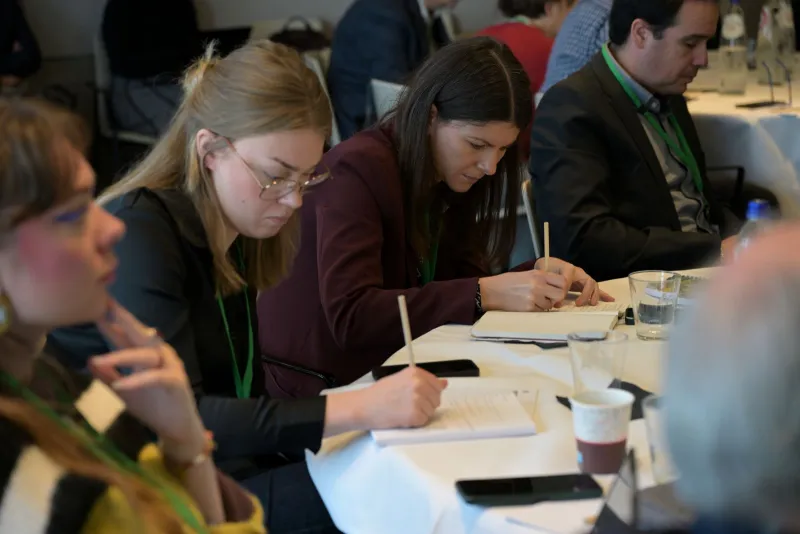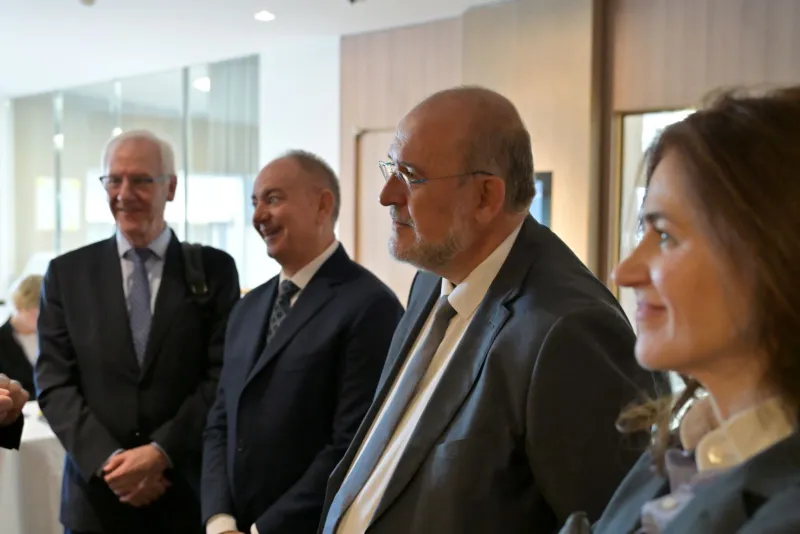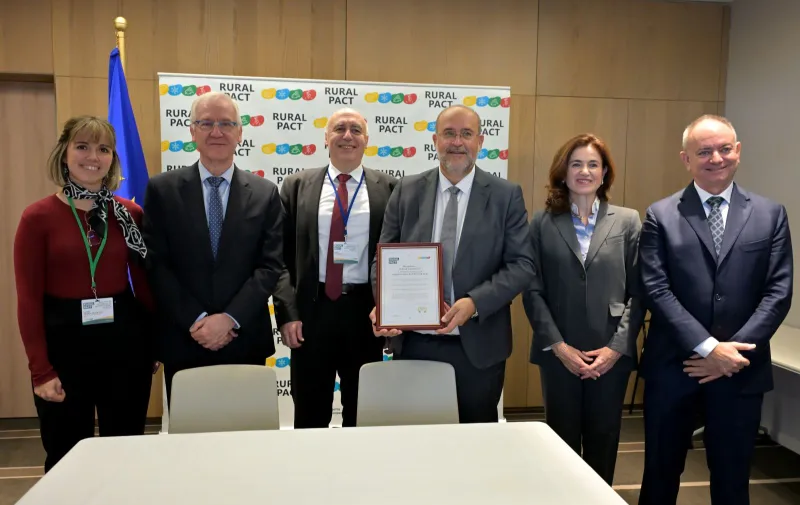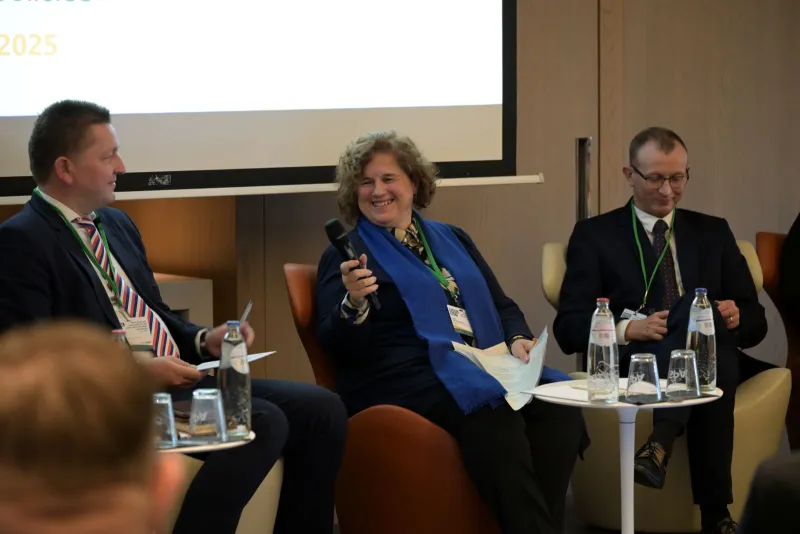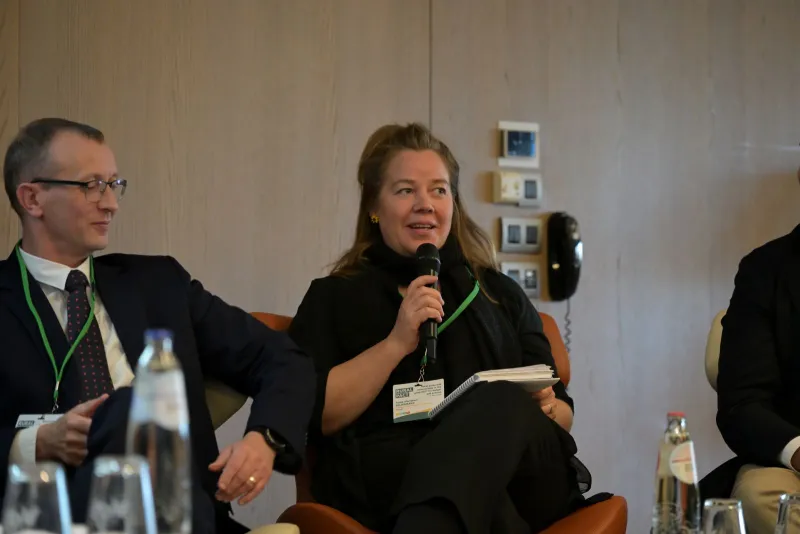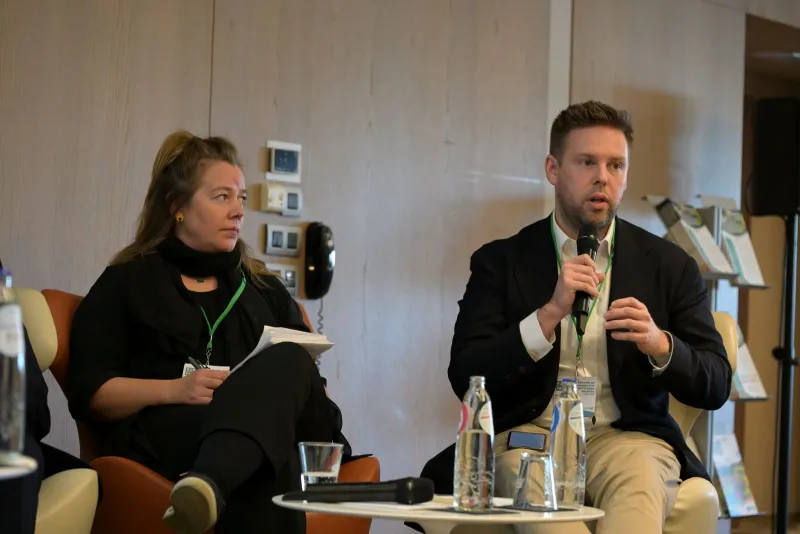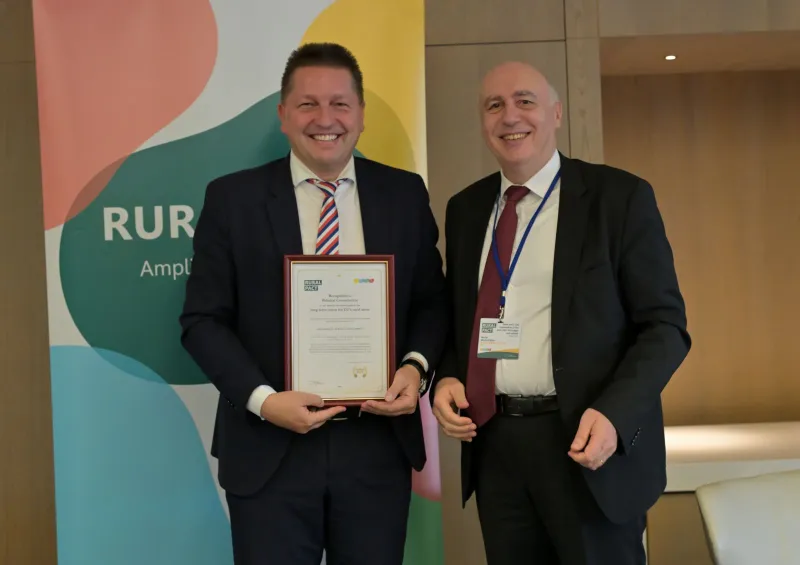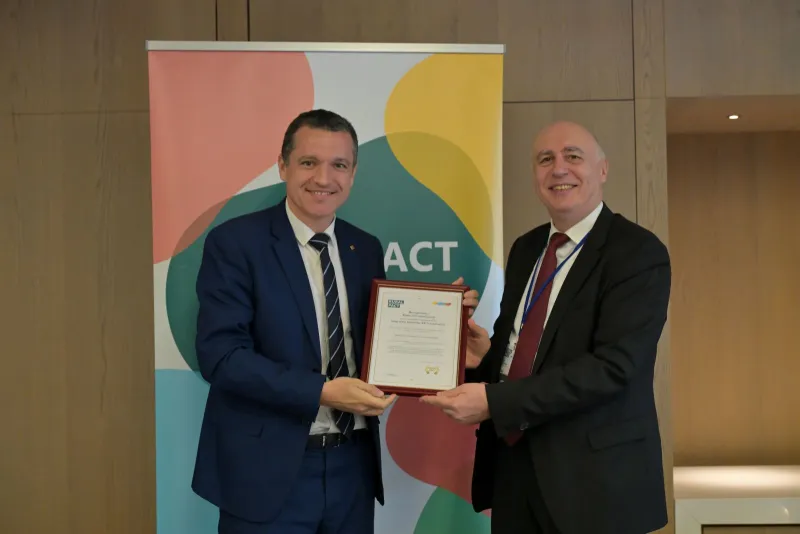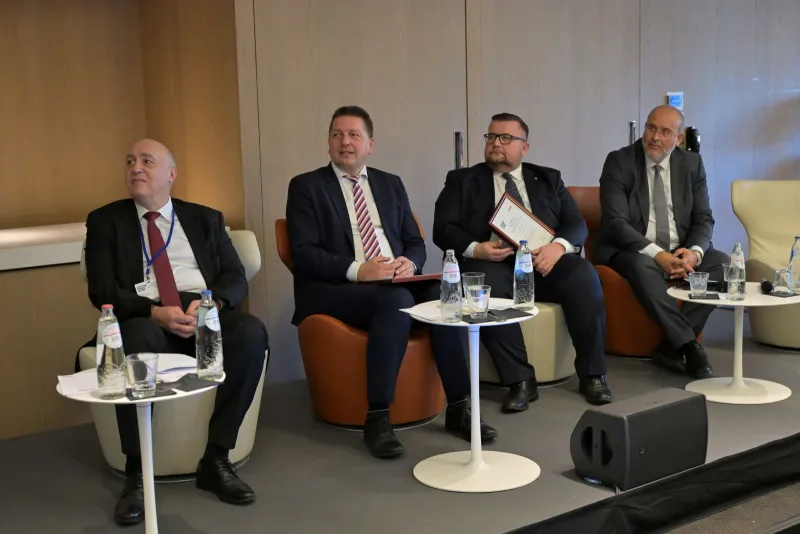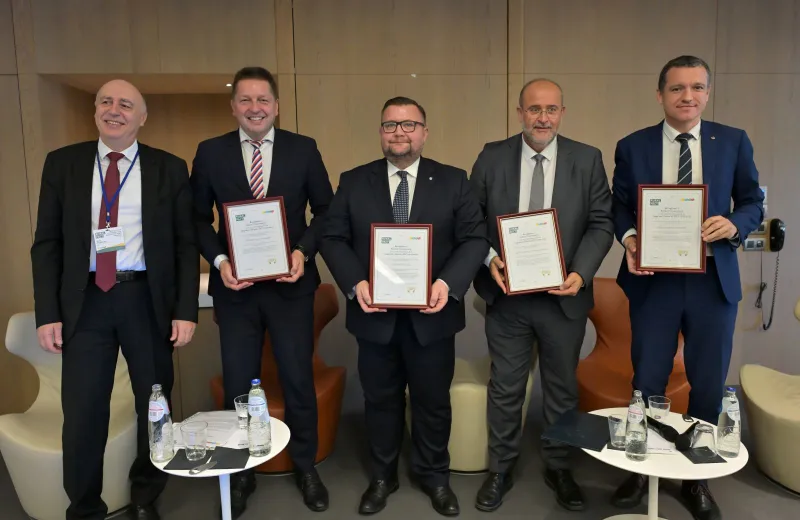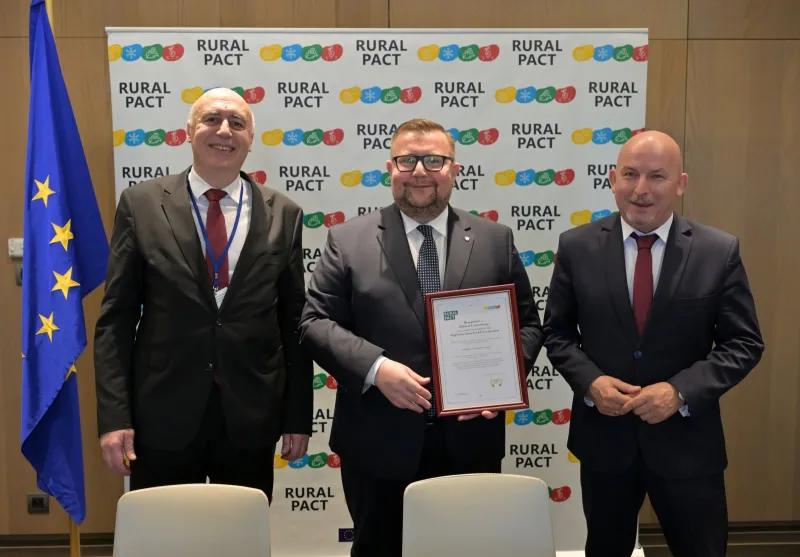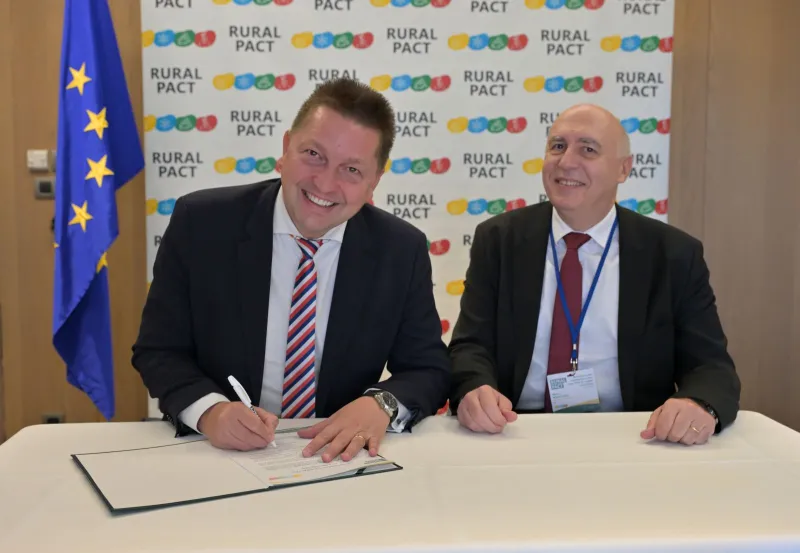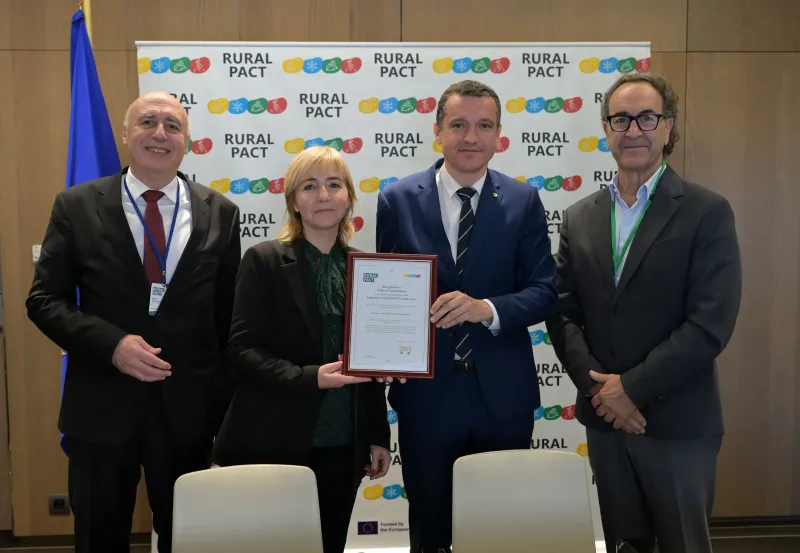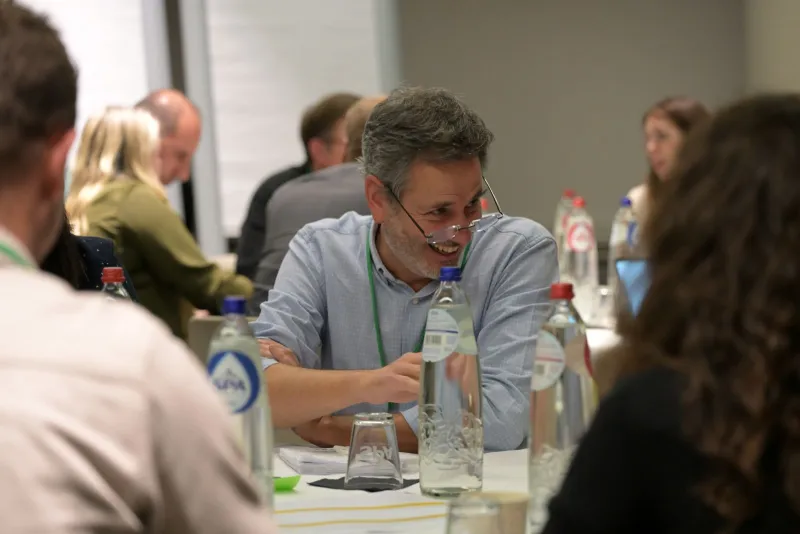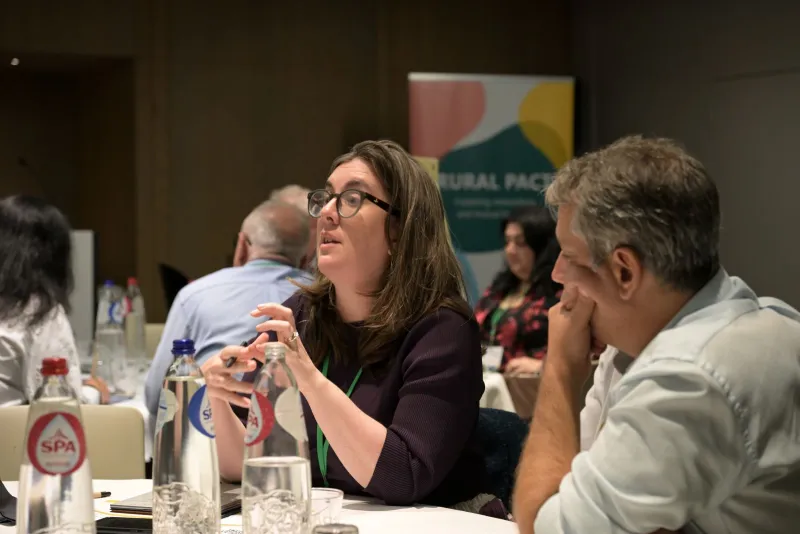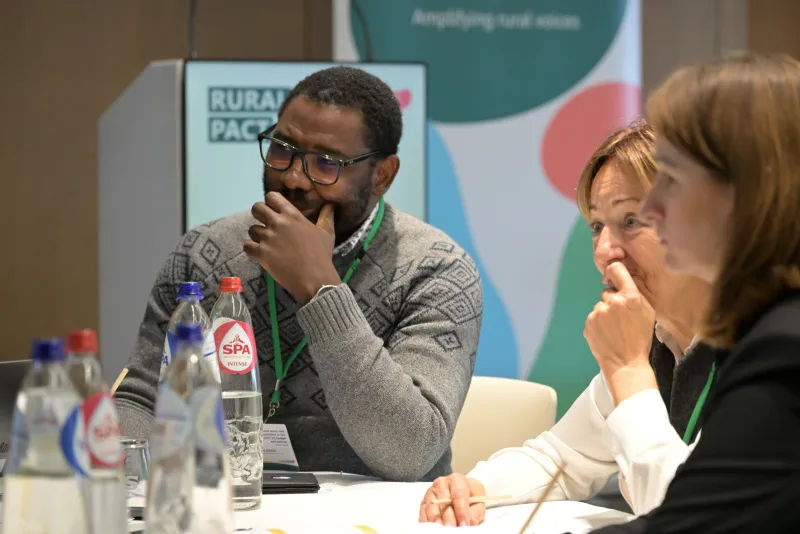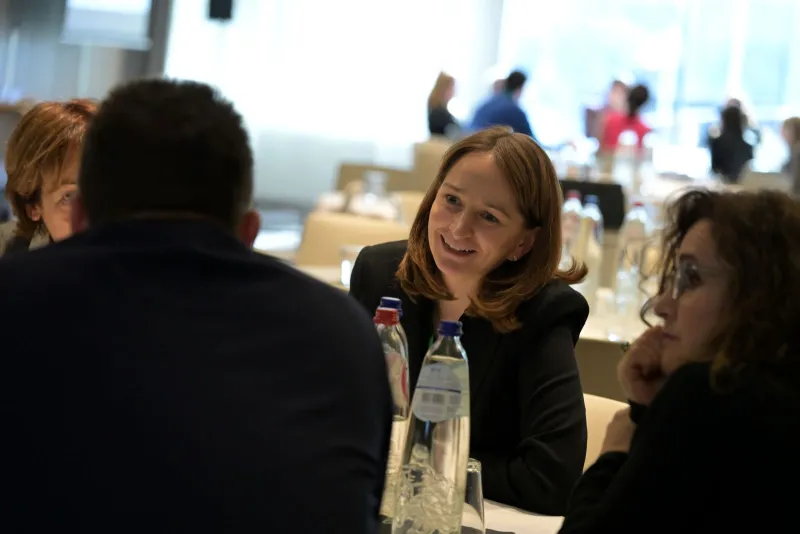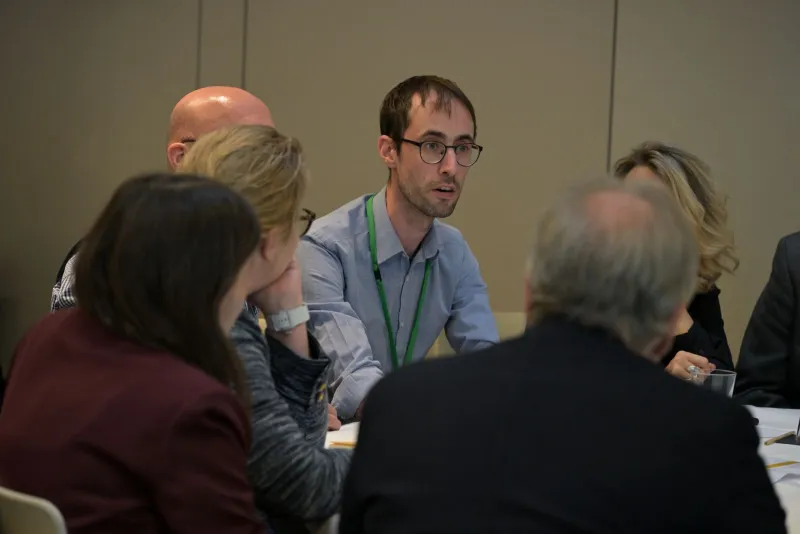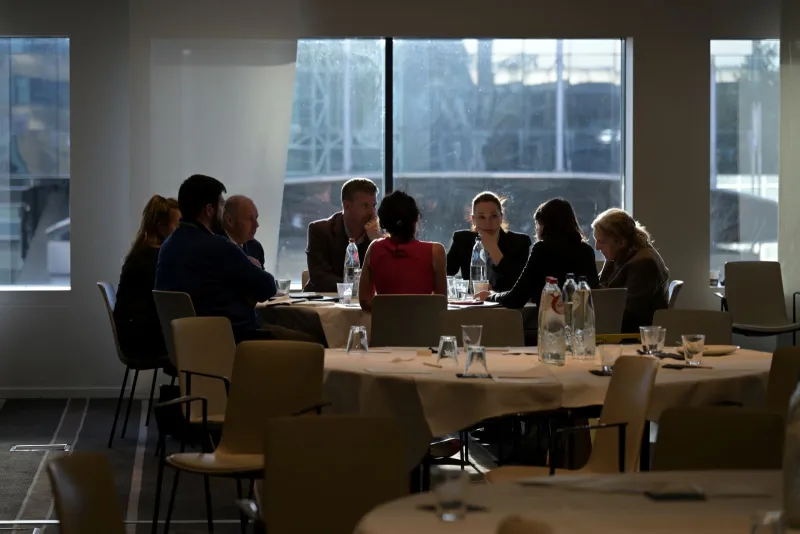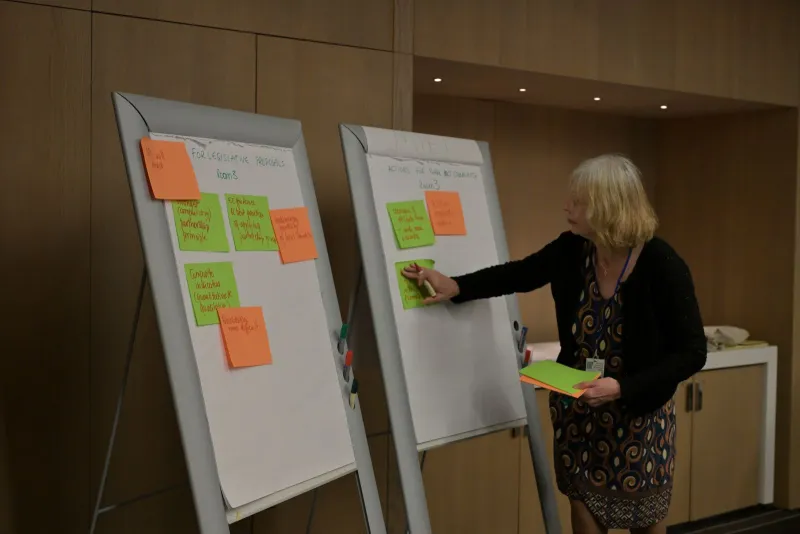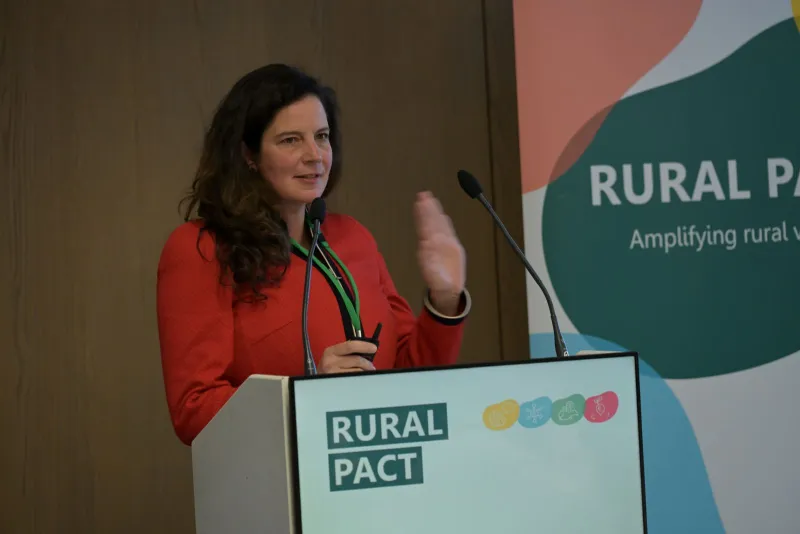This Policy Action Lab, organised by the Rural Pact Support Office, discussed with the Rural Pact Community the recent European Commission proposals for the 2028-2034 EU budget and policies, their implications for rural communities and ways to make rural voices heard in the policy debate.
Objectives
- To enable participants’ understanding of the implications (risks and opportunities) of the EU budget proposals and facilitate a positive outcome of the negotiations for rural areas by:
- Encouraging and supporting co-legislators in their thinking about the place of rural areas and communities in the future EU policies;
- Supporting Rural Pact Community members to prepare their participation in the consultation processes (including ideas for inspiring actions to take at national/regional level).
- To facilitate an early reflection on the future implementation of the new policy framework, and involve Member State authorities in strategic thinking about synergies with the rural vision and Pact at national and regional levels by:
- Promoting innovative, forward-looking and impactful measures in line with the proposed framework (building on good practices and lessons learnt from Policy Labs, webinars and other Rural Pact activities);
- Inviting government officials who are actively engaged in the Rural Pact at national and regional levels to explain how they approach the new policy proposals.
The event took place in Brussels in English with no interpretation. It primarily targeted policymakers at national and regional levels in charge of designing, implementing and monitoring policies having an impact on rural areas, as well as rural stakeholders involved in advocacy and representing rural communities.
Videos
- Welcoming words
- New EU policy framework post-2027: what implications for rural areas?
- Making post-2027 EU policies fit for purpose for rural people
- Making the Rural Pact a reality in Member States and regions
- Co-creating conclusions and proposals
- Closing remarks
Background
The publication on 16 July 2025 of the European Commission’s proposals for the 2028-2034 EU budget and related policies opens a wide discussion about the place of rural areas in these post-2027 EU policies. The proposals include significant changes in the architecture of support instruments and their funding sources. One example is grouping all policies managed at Member State level, including rural development policy, under National and Regional Partnership Plans funded through a single fund. This new fund – the European Fund for economic, social and territorial cohesion, agriculture and rural, fisheries and maritime, prosperity and security – will aim to improve synergies and complementarities between various domains of policy action.
Following the publication of the Commission’s proposals, the negotiation process with co-legislators – EU Council and European Parliament – has begun, which will lead to the adoption of final texts in several months. In parallel, Member States will start thinking how they would use these policies in practice and rural stakeholders will be invited to engage in consultations, as foreseen in the proposals. This will therefore be a period of intensive dialogue between policymakers, civil society organisations and other stakeholders.
In the last months, stakeholders representing rural interests have taken numerous initiatives to ensure that rural voices are heard in the debate on the post-2027 EU budget. This includes the Rural Pact Coordination Group’s ‘Declaration on the future of rural areas and rural development policy in the European Union’, and the European LEADER Association for Rural Development (ELARD’s) petition for ‘A Stronger Future for Rural Europe – Ensuring LEADER/CLLD as a pillar for EU development’. EU-level institutions have also published positions concerning the place of rural areas in EU policies, for example the European Parliament’s own-initiative report on ‘Strengthening rural areas in the EU through cohesion policy’. Further initiatives are likely to emerge in the aftermath of the Commission’s proposals publication.
Programme
Agenda
(PDF – 195.69 Ko)
Additional info
Venue
Pullman Brussels Centre Midi
Place Victor Horta 1 Brussels 1060 Belgique
